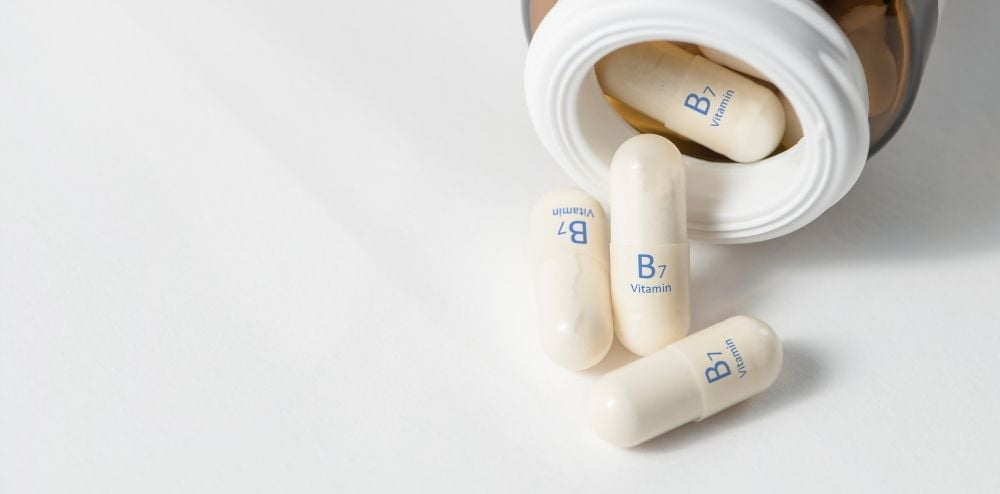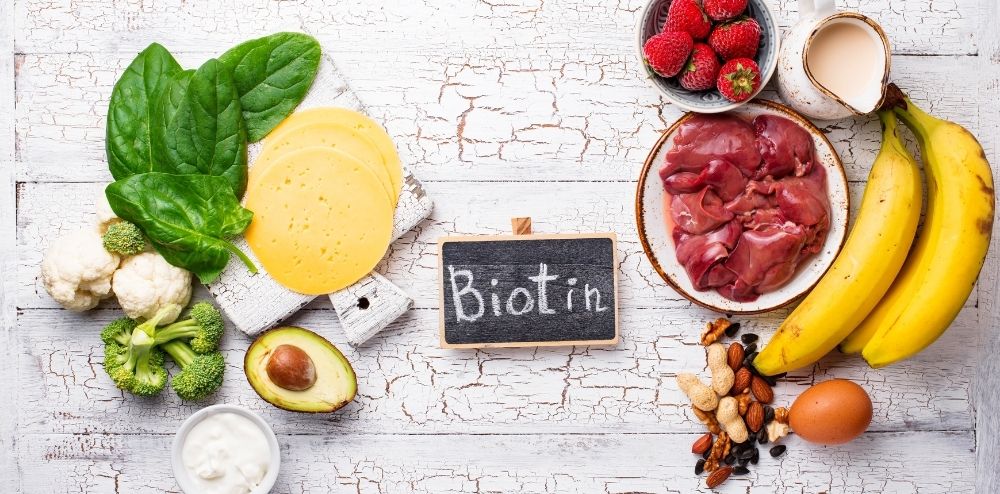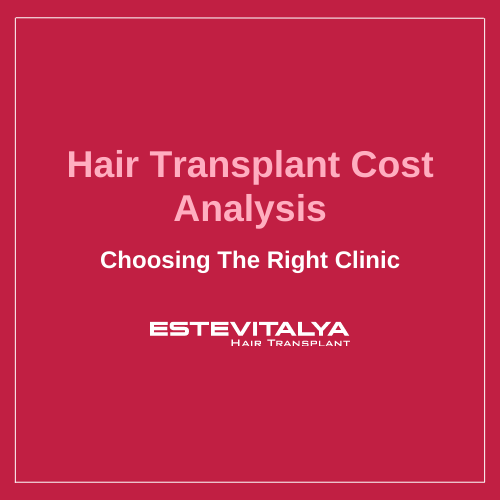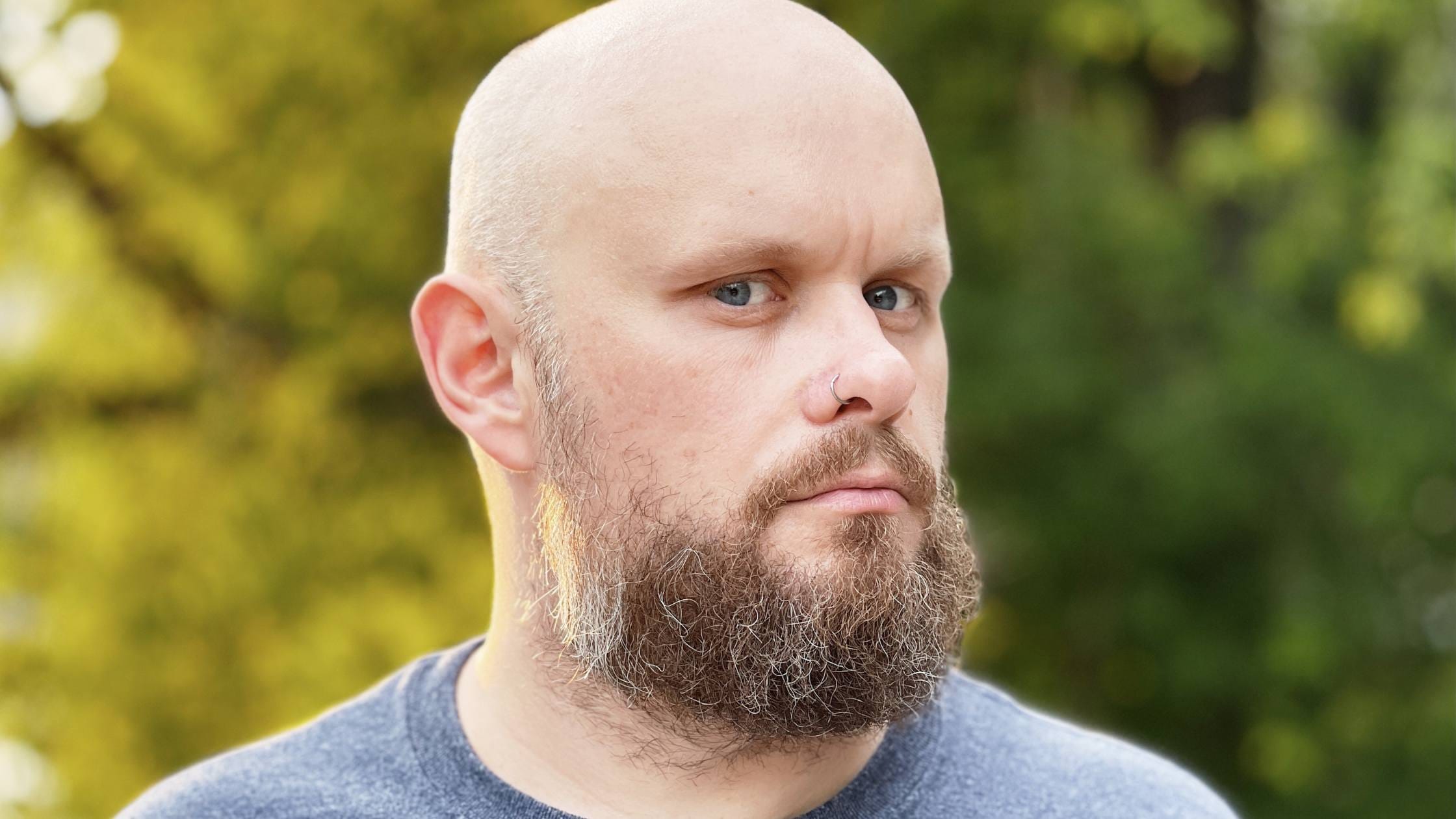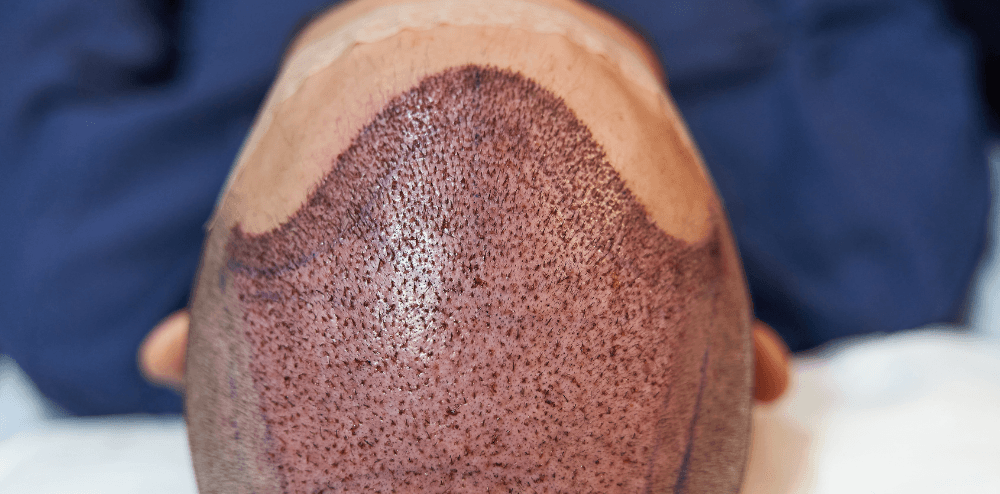Biotin or Vitamin B7 is a water soluble vitamin that helps your body to turn food into energy, the body also needs it to produce keratin the protein that makes up hair, nails and skin. It plays an important role in the metabolism of carbohydrates.
Biotin deficiency can cause brittle nails, skin rashes and hair loss.
Although there is not a lot of evidence to show that biotin alone for hair growth is limited. There is many evidence that shows its benefits for hair loss prevention. It is also worth mentioning that biotin supplements can be beneficial for hair loss only with people with hair with biotin deficiency.
However, it is also important to note that biotin alone is not a magic solution for hair growth. Many other factors, such as genetics, hormonal imbalances, and certain medical conditions can also contribute to hair loss. Therefore, if you’re experiencing hair loss, it’s important to consult with a healthcare professional to determine the best course of treatment for your individual needs.
In addition to consuming foods rich in biotin, maintaining a balanced diet, staying hydrated, and avoiding harsh hair treatments such as excessive heat styling and chemical processing, can also contribute to healthy hair growth.
Foods Rich in Biotin
There are a variety of foods that are rich in biotin, including:
Eggs: Eggs are an excellent source of biotin, with one large egg providing about 25-30 micrograms of biotin. They are also a great source of protein, which is essential for healthy hair growth.
Dairy Products: Milk, cheese, and yogurt are all good sources of biotin. A cup of milk contains about 5-8 micrograms of biotin.
Nuts and Seeds: Nuts and seeds, such as almonds, walnuts, pecans, and sunflower seeds, are rich in biotin. Just a handful of these foods can provide you with a significant amount of biotin.
Meat and Fish: Meat, such as chicken and beef, and fish, such as salmon and halibut, are also good sources of biotin. A 3-ounce serving of cooked chicken provides about 8-10 micrograms of biotin.
Whole Grains: Whole grains, such as oatmeal, brown rice, and quinoa, are also rich in biotin. A cup of cooked quinoa provides about 6 micrograms of biotin.
Fruits and Vegetables: Fruits and vegetables, such as bananas, cauliflower, raspberries, and avocado, are also good sources of biotin. A medium-sized banana contains about 2-3 micrograms of biotin.
In addition to consuming these foods, it is also important to maintain a balanced diet and to stay hydrated to ensure that the body is able to absorb the biotin properly. It’s also important to note that biotin supplements are also available, but it’s always better to get the nutrition from natural food sources.
In conclusion, biotin is an essential nutrient that plays a crucial role in maintaining healthy hair, skin, and nails. Incorporating foods rich in biotin, such as eggs, dairy products, nuts and seeds, meat and fish, whole grains and fruits and vegetables, into your diet can help to ensure that you are getting enough of this important nutrient.
How should I take biotin supplements?
Biotin supplements are in the form of tablets, but you should not exceed the daily recommended dose which is 30 μg (micrograms, or mcg) a day in adult women. Patients 10 years old or older can take dosage between 30-100 μg per day.
Biotin supplements if taken under medical supervision they are usually safe. You should start seeing improvements in your hair in 90 days after starting the treatment.
Biotin Side effects
If you exceed the maximum recommended daily dosage you might experience some of the following side effects:
- Nausea and vomiting. Especially when you first start using it.
- Stomach problems and diarrhoea
- Allergic reactions such as rashes on the body and swelling of the face and throat.
- Acne on the lowe parts of the face
- Higher risk of abortion in pregnant women
Using Biotin Supplements After Hair Transplant
After a hair transplant, the newly transplanted hair follicles will go through a period of dormant phase (telogen) before it starts to grow. This process can take several months before new hair growth becomes visible. During this period, it is important to ensure that the hair follicles are getting the necessary nutrients to promote healthy growth.
Biotin may help to support healthy hair growth after a hair transplant. It plays a role in the production of keratin.
It is important to note that while biotin may be beneficial for hair growth, it should not be used as a sole treatment after a hair transplant. It’s always important to follow the post-operative instructions and recommendations given by the clinic staff. In addition, a healthy diet and lifestyle, adequate hydration, and avoiding harsh hair treatments such as excessive heat styling and chemical processing can also contribute to healthy hair growth after a hair transplant.
In conclusion, biotin is an essential nutrient that plays a vital role in maintaining healthy hair, skin and nails. It may help support healthy hair growth after a hair transplant, but it should not be used as a sole treatment and it’s important to follow the post-operative instructions and recommendations given by our clinic staff.
